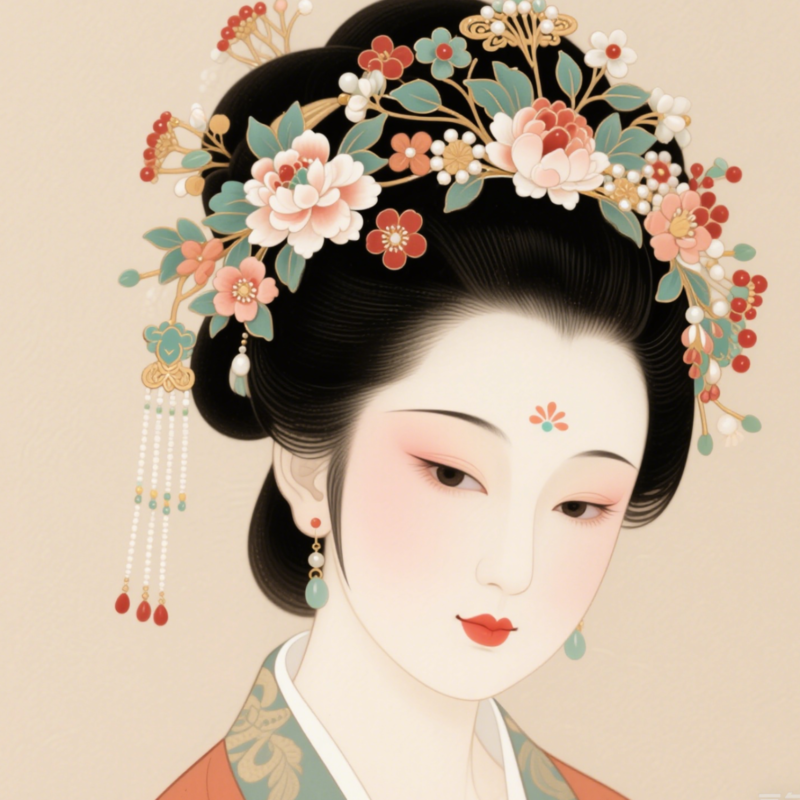

立秋是秋季的第一个节气,“立” 意为开始,“秋” 意为农作物收获。
The Start of Autumn is the first solar term of autumn. Li means start and Qiu means harvest of crops.
在传统习俗中,许多地方有 “贴秋膘” 的传统。
In traditional customs, many places have the tradition of eating for autumn.
人们通过吃肉来弥补夏季流失的能量,并为即将到来的秋收储存体力。
People eat meat to make up for the energy loss during the summer and to store energy for the upcoming Autumn Harvest.
田野里,农民们开始为秋收做准备。
In the fields, farmers start preparing for the Autumn Harvest.
他们检修农具、修缮谷仓,观察庄稼的成熟度。
They check their tools, repair their barns, and observe the ripeness of their crops.
立秋,不仅仅是季节的更迭,它承载着人们对自然的敬畏与感恩。
LiQiu is not just a change of season; it carries people's respect and gratitude for nature.
在忙碌中,他们期盼着秋收的到来,在收获中感受时光的馈赠。
In the busyness, they look forward to the Autumn Harvest and feel the gift of time in the harvest.
Key words
-gratitude
核心含义为 “感激;感恩;谢意”
- 示例:
She expressed her gratitude to the nurses who had cared for her.(她向照顾过她的护士们表达了感激之情。)
常见搭配与短语
- express gratitude(表达感激)
- a sense of gratitude(感恩之心)
- deep gratitude(深深的感激)
- with gratitude(怀着感激之情)
- in gratitude for(因…… 而感激)
示例:He sent a gift in gratitude for their help.(他送了一份礼物,以感谢他们的帮助。)近义词辨析
/
这里是英语话中国栏目,用英语讲述中国故事
在了解中国文化的同时提高自己的英语水平
我是热爱传统文化的Caroline,欢迎大家关注
空空如也
暂无小宇宙热门评论

